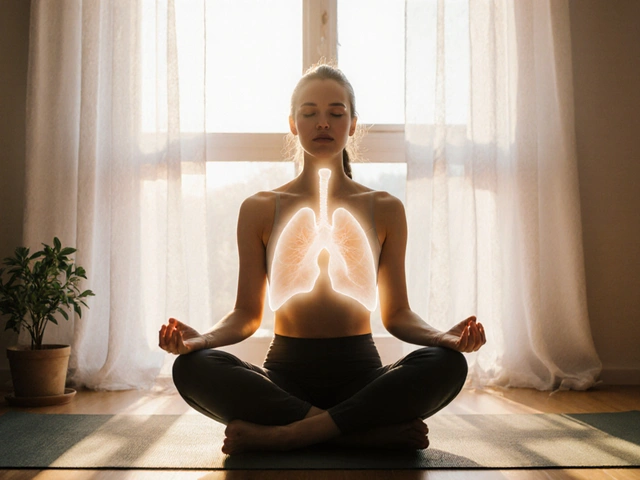Atarax: What It Is, How It Works, and What You Need to Know
When you hear Atarax, a brand name for the antihistamine hydroxyzine, often prescribed for anxiety and itching. Also known as hydroxyzine, it’s not just another allergy pill—it’s a tool that calms both the body and the mind. Unlike newer antihistamines like Claritin or Allegra, Atarax crosses into the brain and slows down overactive nerve signals. That’s why doctors reach for it when anxiety feels overwhelming, when hives won’t quit, or when insomnia sticks around too long.
It’s not a benzo, but it can feel similar—especially if you’re using it to get through a panic attack or to fall asleep after a rough day. Hydroxyzine, the active ingredient in Atarax, is also used off-label for short-term stress relief and as a pre-surgery sedative. It’s cheap, widely available, and often prescribed when SSRIs feel too slow or too intense. But it’s not for everyone. If you’ve ever felt drowsy after taking it, you’re not alone—that’s the point. That same sedation is what makes it useful for sleep, but it’s also why you shouldn’t drive after taking it.
People who use Atarax regularly often pair it with other treatments. Some take it alongside therapy for anxiety. Others use it only during flare-ups of eczema or allergic reactions. It doesn’t fix the root cause, but it gives you breathing room. And that matters. You don’t need to be on it forever. Many use it for a few weeks until things stabilize. Others keep it on hand like a fire extinguisher—just in case.
It’s not without risks. Dry mouth, dizziness, blurred vision—those are common. But more serious side effects? Rare. Still, if you have heart issues, glaucoma, or trouble urinating, talk to your doctor first. It’s not a drug you just grab off the shelf. It’s a tool that works best when you know how and when to use it.
Below, you’ll find real-world guides on how Atarax fits into bigger health pictures: how it interacts with other meds, how it compares to alternatives like benzodiazepines or SSRIs, and what to watch for when your body reacts. These aren’t theory pieces. They’re practical, no-fluff breakdowns from people who’ve been there—whether they’re managing anxiety, skin reactions, or sleep problems. You’ll see what works, what doesn’t, and what to ask your doctor next.
Compare Atarax (Hydroxyzine) with Alternatives for Anxiety and Allergies
Compare Atarax (hydroxyzine) with top alternatives for anxiety and allergies, including buspirone, SSRIs, cetirizine, and propranolol. Learn which options work best with less drowsiness and no addiction risk.






